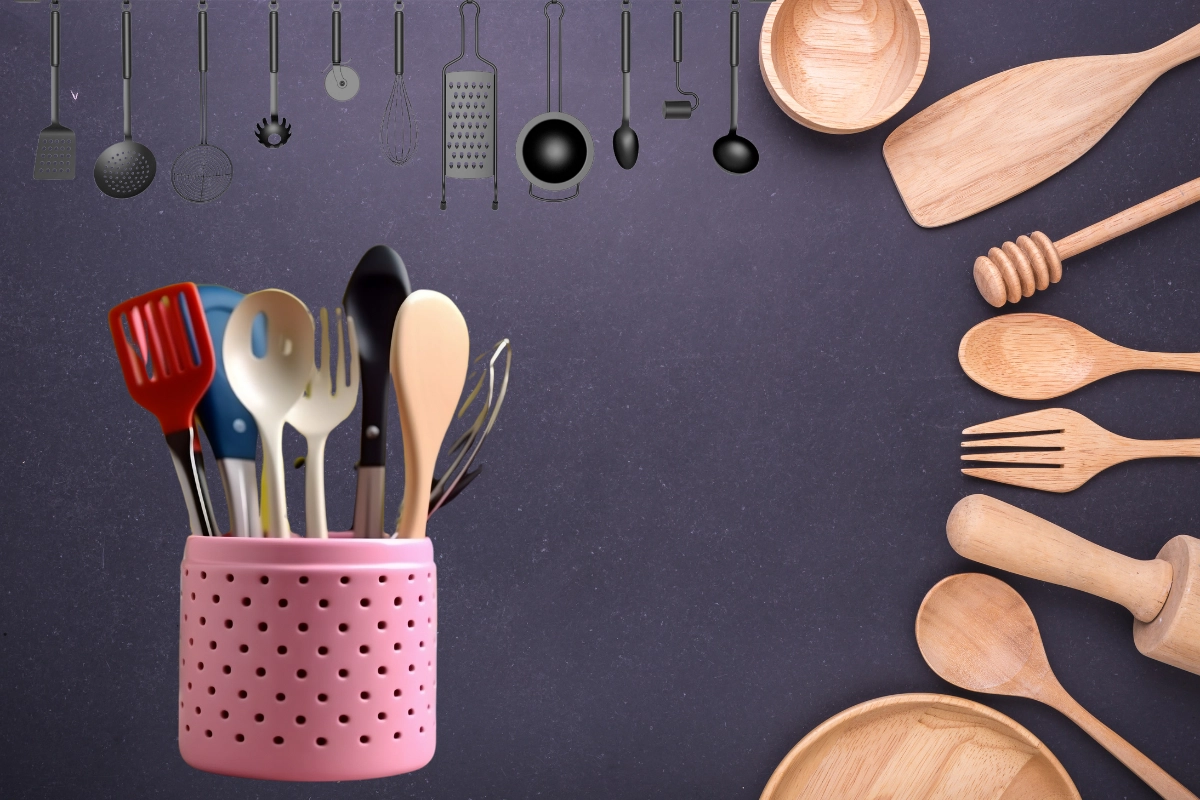Wooden or Silicon Utensils are common utensils in the kitchen for preparing and serving foods.
Wooden Spoons vs. Silicon Spatulas: The Battle of the Kitchen Utensils
Hey there, food lovers! Are you a team wooden spoon or a team silicon spatula? This age-old kitchen debate has raged on for centuries, and we’re here to settle it once and for all. Get ready to dive into the rich histories, the conveniences, and the pros and cons of these trusty cooking companions. By the end of this article, you’ll know exactly which side you’re on (or if you’re a rebel who embraces both!).
Wooden Spoons and Utensils
Let’s start with the OG: the wooden spoon. These bad boys have been around since ancient times, used by everyone from Roman chefs to your great-grandma. Crafted from sturdy woods like maple, beech, and olive, wooden spoons have a timeless charm that’s hard to beat. They don’t conduct heat, so you can fearlessly stir those bubbling pots without burning your fingers. Plus, they’re gentle on your precious non-stick pans, unlike those pesky metal utensils that scratch everything in sight.
But wait, there’s more! Wooden spoons are eco-friendly, biodegradable, and can last for decades with proper care. Just give them a good scrub with hot water and soap, and they’re ready for their next culinary adventure. Plus, they add a rustic, homey vibe to your kitchen that just screams “I’m a pro at this cooking thing.”
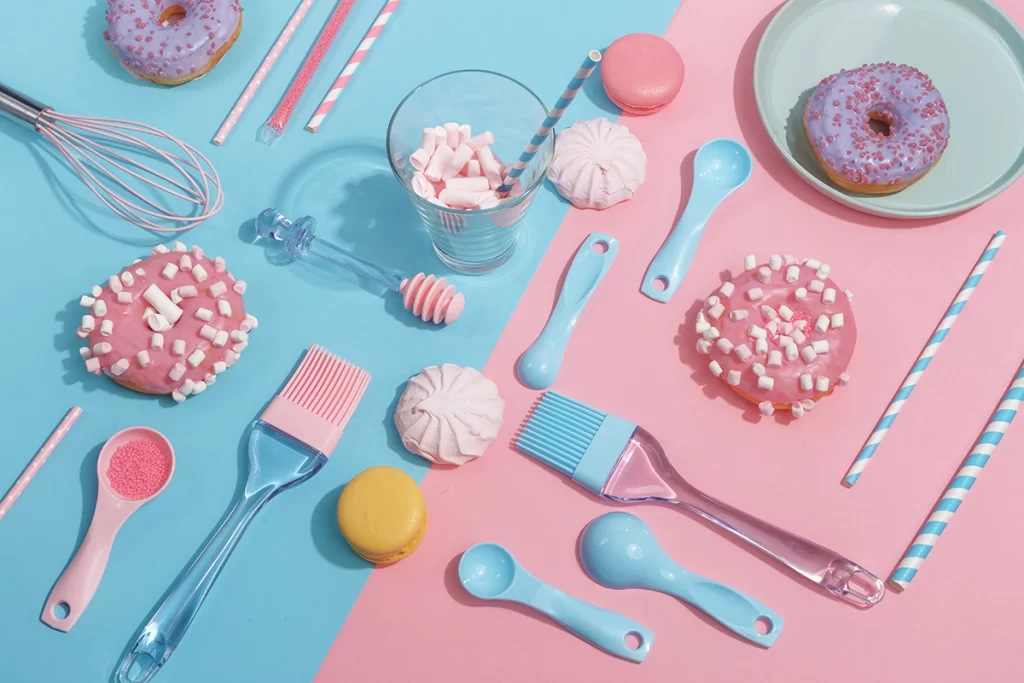
Silicone Spoons and Spatulas
On the other hand, we have the modern marvel: the silicon spatula. These colorful, flexible wonders took the world by storm in the late 20th century, and they’re not going anywhere anytime soon. Silicon is heat-resistant, non-stick, and can withstand temperatures up to 600°F (316°C), making it a dream for bakers and candy makers alike.
But the real game-changer? Silicon spatulas can get into every nook and cranny of your bowls and pans, ensuring you never waste a single drop of that precious batter or sauce. They’re also a breeze to clean, just toss them in the dishwasher or give them a quick rinse, and they’re good as new.
Celebrity Chefs Weigh In
Now, let’s hear from the experts. Celebrity chef Gordon Ramsay swears by his trusty wooden spoon, claiming it’s the only way to achieve the perfect risotto consistency. On the other hand, pastry queen Christina Tosi can’t live without her colorful array of silicon spatulas, using them for everything from mixing batters to spreading frostings.
Torn between the two? Don’t worry; we’ve got some other kitchen tool options to consider. For those who can’t decide, go for a hybrid: the silicon-coated wooden spoon. You get the best of both worlds, with the classic look of wood and the easy-to-clean silicon coating.
Or, if you’re feeling adventurous, try out bamboo utensils. They’re eco-friendly, durable, and have a unique, elegant look that’ll make your kitchen feel like a zen oasis.
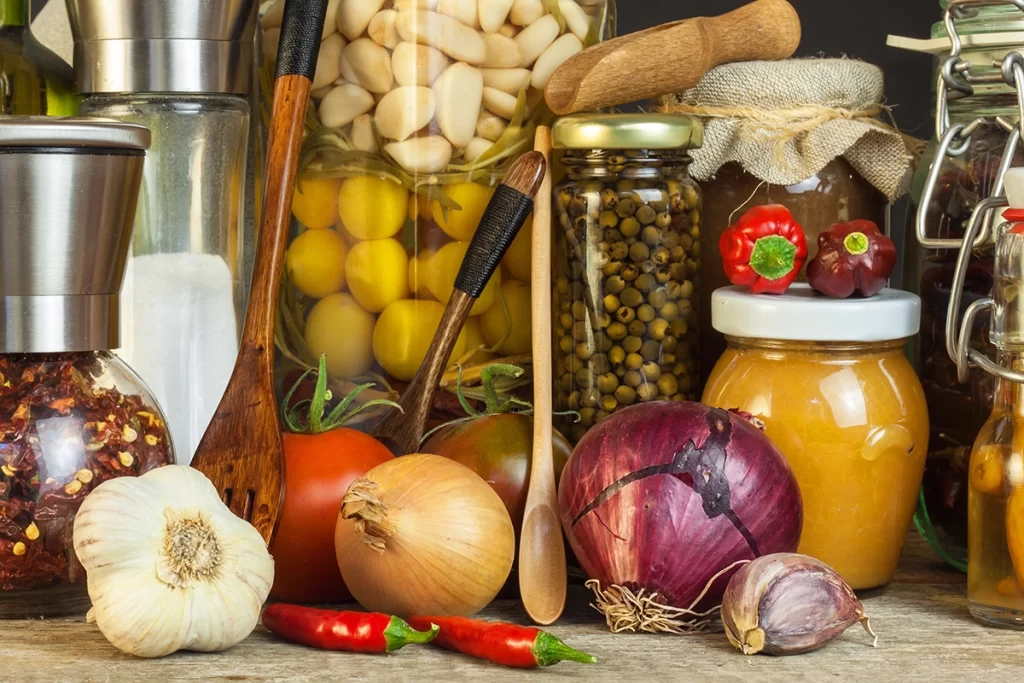
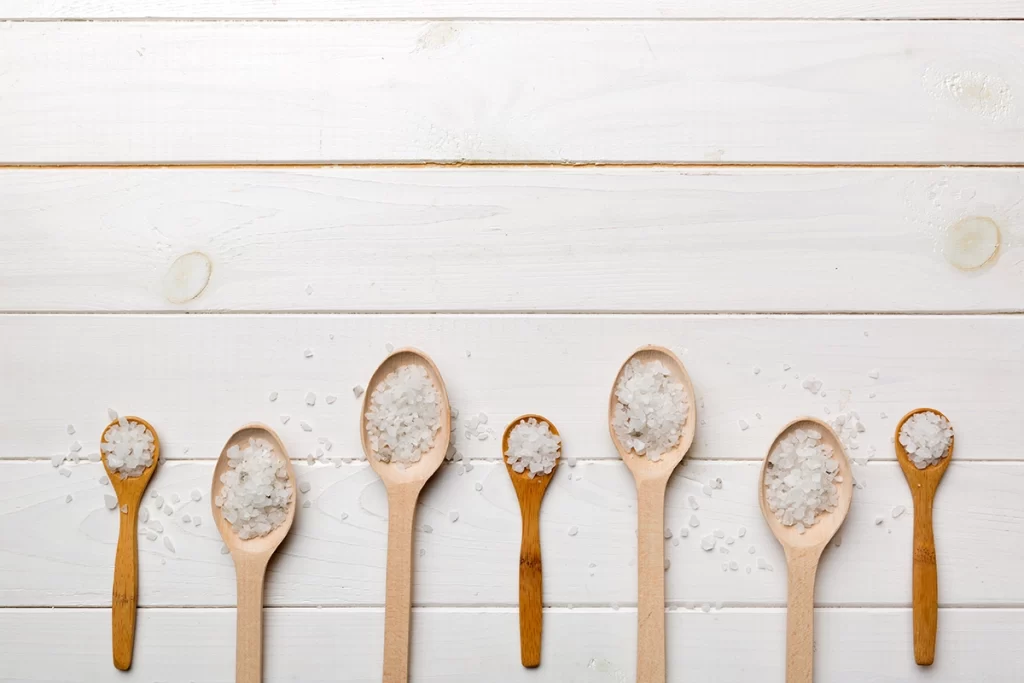
Other Related Utensils
- Stainless Steel: Stainless steel utensils like whisks, spoons, and spatulas are durable, heat-resistant, and easy to clean. They’re great for tasks that require a bit more muscle, like whipping egg whites or breaking up ground meat.
- Nylon: Nylon utensils are a popular alternative to silicon, offering similar heat resistance and flexibility. They’re often more affordable and come in a variety of colors.
- Bamboo: Bamboo utensils are an eco-friendly option, similar to wooden utensils but more sustainable and resistant to moisture. They offer a unique, natural look.
- Ceramic: Ceramic utensils, like spoons and spatulas, are non-reactive and safe for use with acidic ingredients. They’re also stylish and come in various colors and designs.
- Cast Iron: While not common for utensils, cast iron is a popular material for cookware like skillets and Dutch ovens. It’s durable, naturally non-stick when seasoned properly, and distributes heat evenly.
- Copper: Copper bowls and whisks are prized by bakers for their excellent heat conductivity, which can help whip egg whites and cream to perfection.
Each material has its own advantages and disadvantages, so it’s often best to have a variety of utensils made from different materials to suit various cooking needs and preferences.
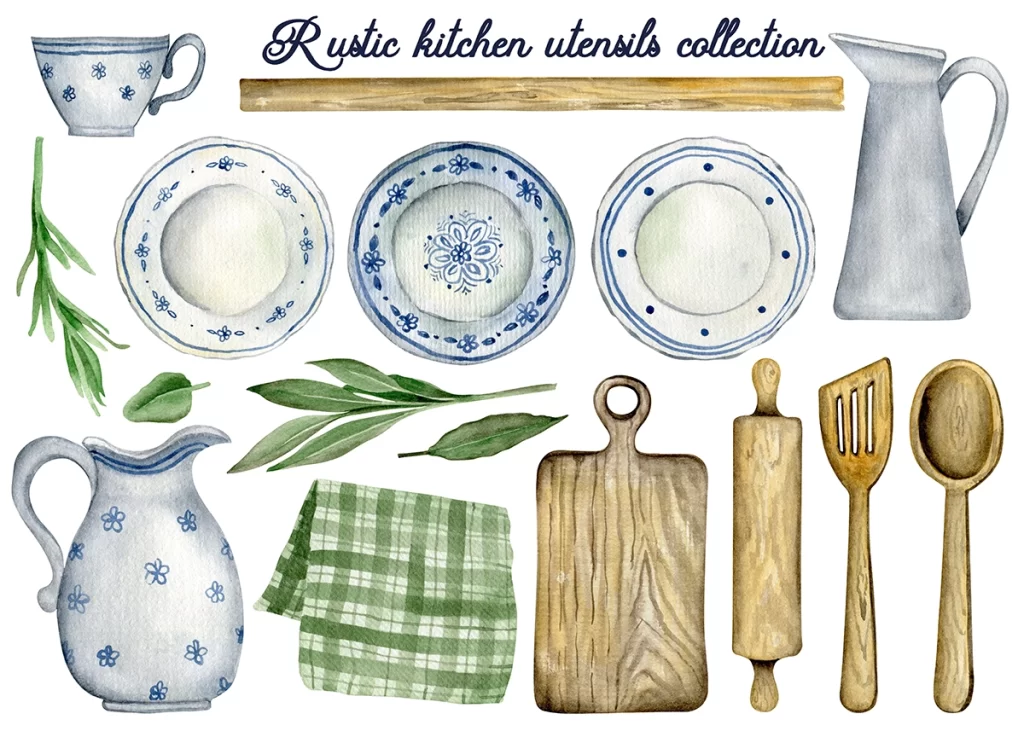
Pros and Cons, Wooden or Silicon Utensils
But enough rambling, let’s get down to the nitty-gritty: the pros and cons.
Wooden Utensils
Pros:
- Don’t conduct heat, so you won’t burn your fingers
- Gentle on non-stick pans
- Eco-friendly and biodegradable
- Can last for decades with proper care
- Add a rustic, homey vibe to your kitchen
Cons:
- Can harbor bacteria if not properly cleaned and dried
- Can crack or splinter over time
- Not as versatile as silicon for tasks like spreading frosting
Silicon Spatulas
Pros:
- Heat-resistant up to 600°F (316°C)
- Non-stick and easy to clean
- Flexible, so they can get into every nook and cranny
- Available in a wide range of colors and designs
- Dishwasher safe
Cons:
- Not as eco-friendly as wooden utensils
- Can melt or deform if exposed to extremely high temperatures
- Not as sturdy as wooden spoons for heavy-duty tasks like breaking up meat
In Conclusion, Wooden or Silicon Utensils
So, there you have it, folks! The battle of the wooden spoon vs. silicon spatula has been waged, and the choice is yours. Whether you’re a traditionalist who loves the rustic charm of wood or a modern maven who embraces the versatility of silicon, there’s no wrong answer.
Just remember, at the end of the day, the most important thing is to have fun in the kitchen and create delicious meals that bring people together. So, grab your utensil of choice, crank up the tunes, and get cooking!

Join us on Facebook at Sherry Kay Cooks!
